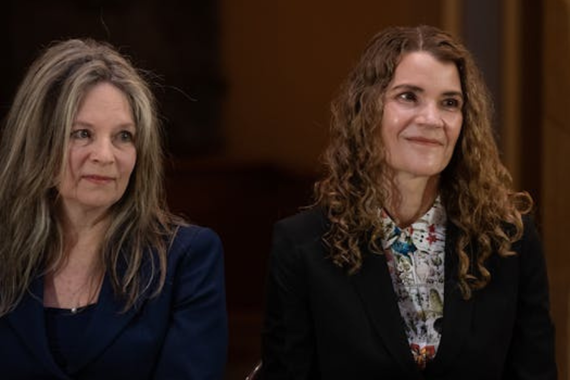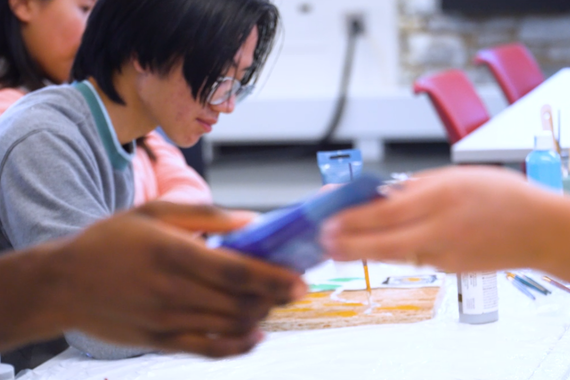Speaking the Language of Competencies
Courses in geographic information science are chock-full of highly applicable technical skills. Assistant professor and faculty fellow Somayeh Dodge knows that GIS helps students develop spatial analysis, software, and teamwork skills. But students didn’t necessarily realize it.
Dodge intended to create projects that teach the subject matter while helping students apply it to the real world. At the start of her introductory course, she asked students to search for jobs requiring geospatial and software skills, then explain how the curriculum would help them qualify. Overall, they didn’t have a strong grasp on how the class would prepare them for such a job. But at the end of the semester, the situation was vastly different.
“They realized that a bunch of the things they had done could be applied to a real job, and that they could potentially apply,” says Dodge. “It was a wake-up call for them that it’s not all about assignments and grades. They are learning to be ready for a job.”
In her upper-level class, the students’ take-home final included writing a cover letter to demonstrate how well-suited they are for a specific position. “I was surprised how qualified students were in their skills and how well they explained how their competencies fit the job,” Dodge says. “It helped me learn how they are thinking about what they are learning.”
Dodge, who joined the University in 2016, believes CLA’s career readiness work is unique from other schools where she studied and taught. For her, being a faculty fellow has been a great way to learn with and from colleagues about how to incorporate career readiness in their coursework.
The program inspired Dodge to be more purposeful about pointing out the skills and competencies students develop from various assignments and how they fit the work world. “Now when I develop an assignment, I’m thinking about how to tell my students how this is useful for them,” she says. “I’m much more clear about how I say it will help them succeed in their future jobs.”



